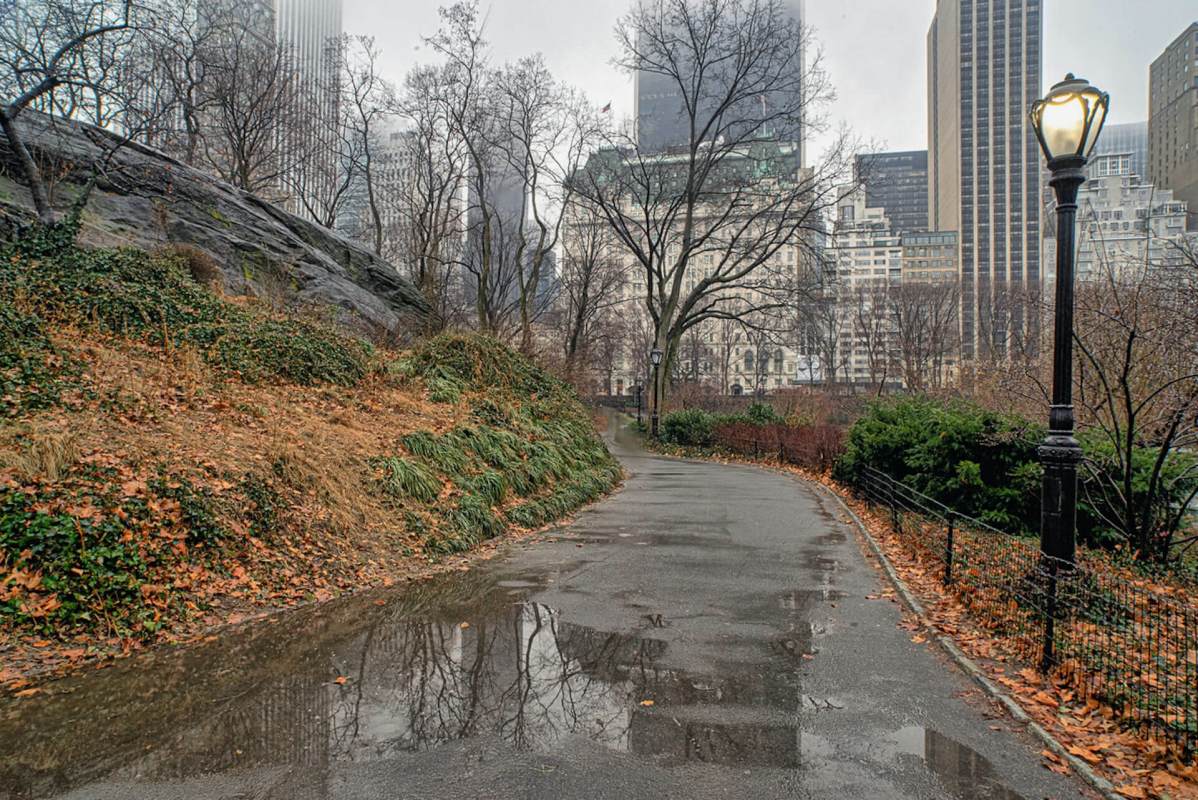The United States just experienced its warmest winter in over 130 years of record-keeping — and possibly ever.
What happened?
Data from the National Oceanic and Atmospheric Administration shows that this past winter was a whopping 5.4°F hotter than the long-term average. That shatters the previous record from 2015 to 2016 by 0.8°F, earning 2023's final season the nickname "The Lost Winter."
"It was quite a jump on the previous record — it wasn't a photo finish, it was a decisive new record," Karin Gleason, chief of monitoring at NOAA's National Centers for Environmental Information, told the Guardian.
Many of the coldest states, like New York, Minnesota, and Michigan, set new winter heat records. Instead of the usual snow, many regions got rain, making it one of the wettest winters, too, especially out west. Los Angeles received triple its average February rainfall.
Why is the lost winter concerning?
This lost winter is part of an alarming trend. Data shows the coldest places and times of year are warming the fastest.
"We will still have cold weather in the winter, but this year we just had one real episode of cold weather the rest of it was very mild," Gleason explained. "The overall trend is that we are trending to warmer winters."
Average temperatures are climbing year-round because of atmospheric pollution from carbon and methane, according to the United Nations. This winter heat wave led to bizarre weather, such as the largest wildfire in Texas history and the first February tornado ever recorded in Wisconsin.
Climate scientist Michael Mann warned, per the Guardian, "We should expect to continue to break heat records year after year until carbon emissions reach zero."
What's being done about it?
We can live more sustainably by using cleaner, cheaper energy. Building a safe future is like a Lego set. Each block is a choice: installing an electric stove, using a reusable water bottle, or fixing leaky faucets. The blocks are colorful and varied, but they all build toward the same positive outcome.
Here are a few easy swaps that can save you cash while helping the planet:
- Trade in your gas stove for an electric induction model to cook faster and make your indoor air healthier.
- Cut back on red meat. Choosing chicken over beef just once a day reduces air pollution.
- Join the 6.1 million Americans already composting. It keeps food waste out of landfills, where it releases polluting gases.
By turning climate worries into daily actions, we can each do our part. "This is once again a reminder of the urgency in taking action on climate," Mann said. Our choices really do add up.
Join our free newsletter for weekly updates on the coolest innovations improving our lives and saving our planet.









